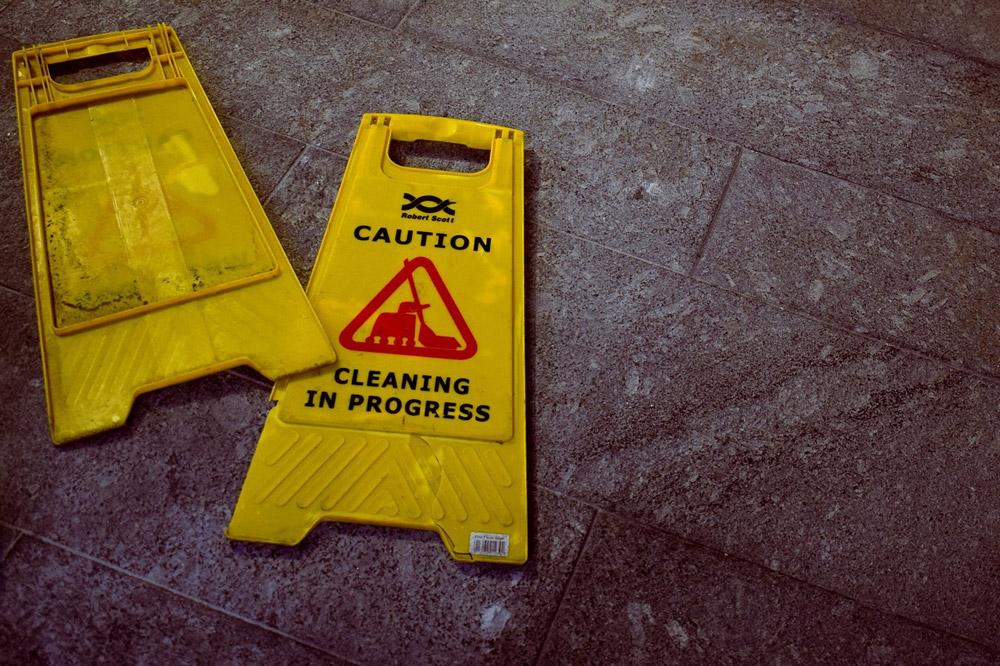Our Blog
How Long Do I Have to Sue for Work-Related Injuries?


There are millions in the workforce, so accidents are bound to happen. Some jobs are more dangerous than others, but all workers deserve to have a safe work environment. While some work-related injuries are apparent at the time the occur, some don’t pop up until after the fact, or are uncovered in a follow-up visit to the doctor.
If you’re injured as a result of your duties at work, one of the first calls you should make is to a Denver personal injury attorney. Even if your injuries aren’t serious, they could become more troublesome down the line, and it’s important to have everything documented properly. There is a limited amount of time all workers have to file a worker’s compensation claim, and it varies from state to state.
What is the Colorado Worker’s Comp Statute of Limitations?
Colorado is like a lot of other states in that you have two years to pursue a worker’s compensation claim. However, in extreme cases, judges allow up to three years if a compelling reason is delivered. If you don’t file your claim within this amount of time, you could miss out on crucial benefits that go along with your case. Filing within this time frame will help you remain eligible to get paid for lost wages, as well as getting reimbursed for any medical expenses.
There are also requirements for the employer. If a worker reports an injury and misses at least three days of work, the employer is required to file their first report of the injury. The clock generally starts ticking on the statute of limitations once the employer completes this part of the process. It’s important to stay on top of all of these steps in the process, to make sure you’re receiving all of the benefits you’re entitled to. That’s where working with a Denver personal injury attorney can be beneficial.
Am I Eligible For Worker’s Comp?
Work injuries don’t cause only physical harm. The damages can also be mental and financial, and any combination of these can cause things in your life to spiral downward. Most work-related injuries happen because of physical demands of the job, but eligibility for worker’s comp can take many forms. You might be physically injured on company-owned property. The environment you work in could cause illness or other problems.
Worker’s compensation also covers a wide array of benefits. You can receive compensation for medical expenses, but also for things like disability – from both permanent and temporary injuries – and death benefits, as well. Temporary disability covers lost wages while you recover from your injuries, but if the injury is permanent, those payments can become long-term.
There are a number of questions that surround any work-related injury, and that confusion compounds the stress already surrounding a tough situation. However, if you’re injured through something work-related, it’s important to make sure you know all of the benefits available to you. For more information on worker’s comp claims, or the necessary steps to take after you’ve been injured at work, contact the personal injury experts at Lampert & Walsh today.



